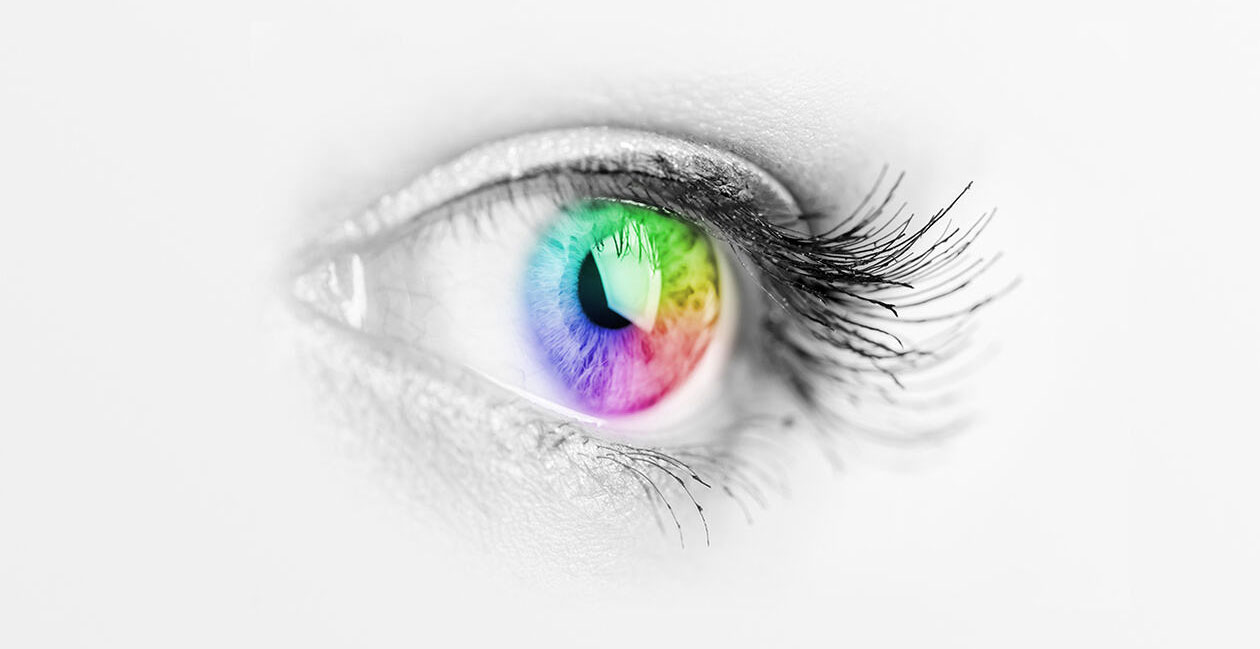
PRK (Photorefractive Keratectomy) is a refractive surgical procedure used in eye surgery. In this procedure, the corneal surface is reshaped with a laser to correct vision defects such as myopia (nearsightedness), hyperopia (farsightedness), and astigmatism.
PRK generally yields successful outcomes and can significantly improve patients’ vision quality.
If you are considering PRK or a similar laser surgery method, you should consult an eye doctor and obtain detailed information about a personalized treatment plan. It is important to seek professional advice before making decisions about your eye health and vision capabilities.